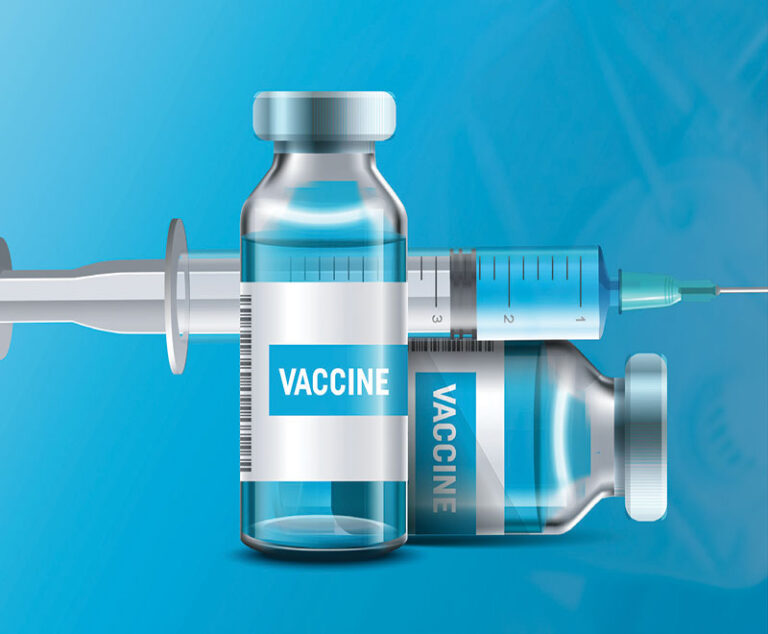Industry Insight
Information, Observation & Analysis
While not all regulations and reimbursement models for telehealth post-COVID-19 are in place, some have become permanent and others may be extended.
Expansion of sites of care may soon provide more options for patients and caregivers.
The healthcare system is poised to change more in the next decade than it has in the past 50 years. At the root of this dynamic is an aging population and a pandemic that is transforming the way healthcare is delivered.
Will genetic testing and whole genome sequencing become part of the standard of care in treating patients?
Newly created treatments for high-risk COVID-19 patients have proved highly effective. Unfortunately, challenges with their distribution and administration have limited their use.
Much remains to be learned about this new condition affecting a growing number of children. However, it is hoped with increased vaccination and fewer cases of the SARS-CoV-2 virus, case numbers of MIS-C will also go down.
The decades-old dream is to correct the factor deficiency through a single infusion of a hemophilia gene therapy that produces steady high protective levels of FVIII or FIX.
Discoveries about the types of immunity eventually led to the use of human antibodies to treat disease.
While there may be no “magic bullet” to treat cytokine storm, one widely used immunomodulatory agent in particular — polyclonal intravenous immune globulin (IVIG) purified from healthy donor plasma — is distinguished by the simple fact that it is anything but a narrowly targeted treatment.
Despite proof of lifesaving benefits of vaccines, parental hesitancy to immunizing their children is often fueled by the plethora of myths surrounding vaccine safety.
Beyond COVID-19 vaccines, research is showing potential for new vaccines to treat several other diseases.
With three vaccines in circulation and three more on the horizon, is the end of the COVID-19 pandemic in sight?












